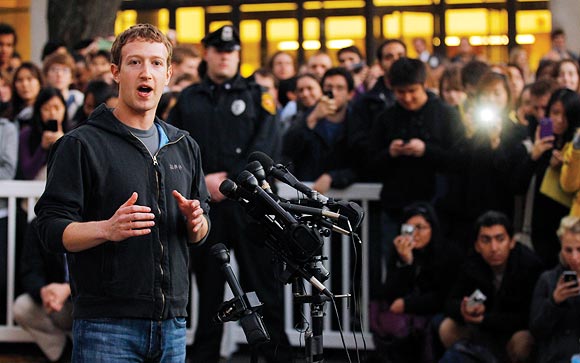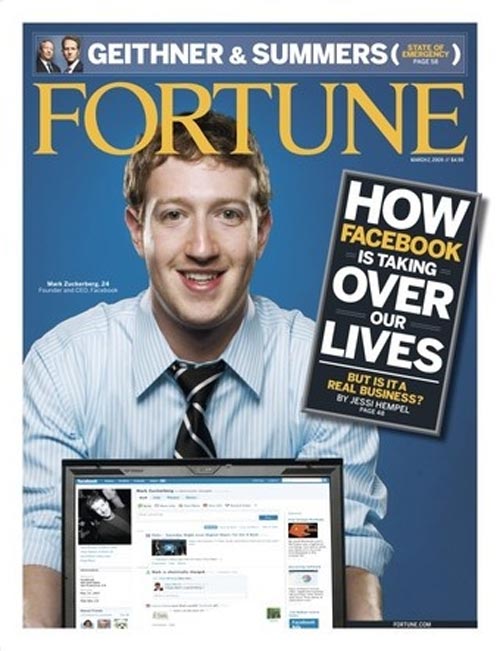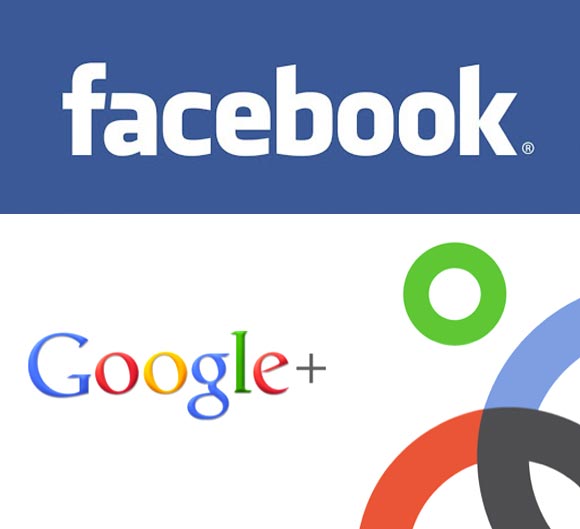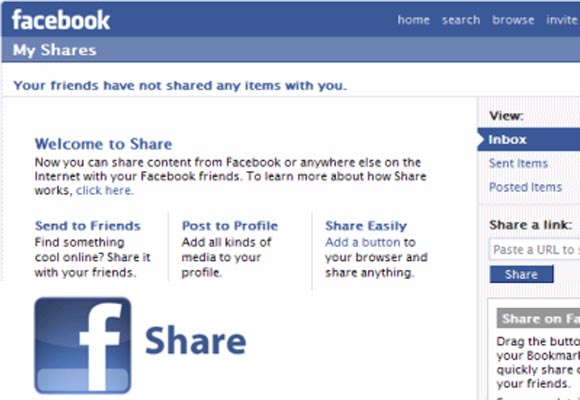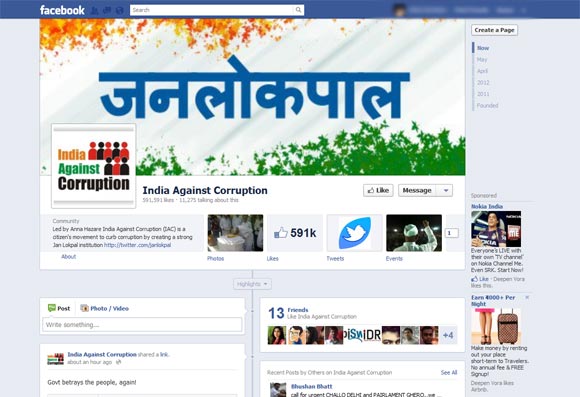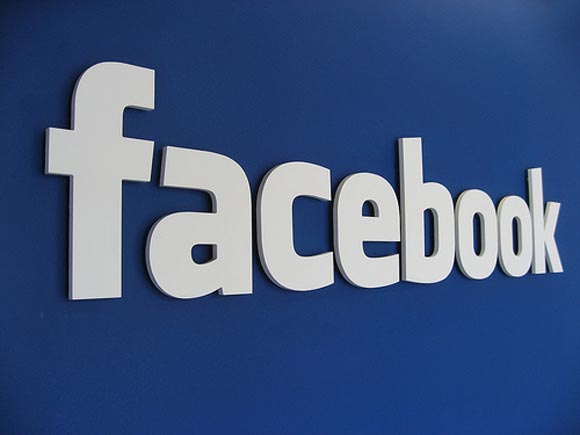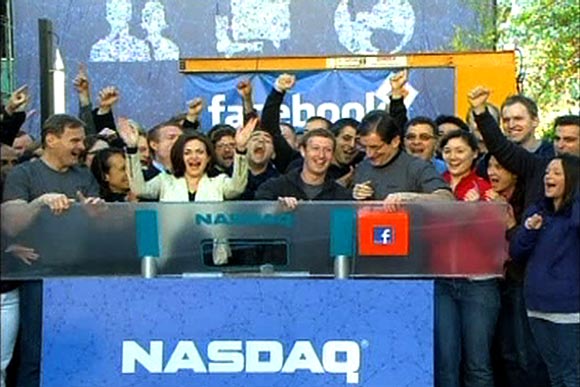 | « Back to article | Print this article |
6 reasons why Zuckerberg is the youngest billionaire
There's nothing extraordinary about Mark Zuckerberg's success.
There's nothing abnormal about his emergence as the youngest billionaire in the world.
He deserves the position because he dreamed it, planned it and worked it out. He stuck to his passion and focussed on fulfilling the Facebook mission; that is why he has become the youngest billionaire in the world and one of greatest success stories of all times.
Courtesy: Investment-mantra.in
6 reasons why Zuckerberg is the youngest billionaire
Facebook Inc began trading on the Nasdaq on May 18, 2012, becoming the first American company to debut with a valuation above $100 billion. It was another big success for a company which began in Mark Zuckerberg's dorm room and over the years has changed the way people relate to one another.
Harvard dropout Zuckerberg, who turns 27 in May, now has an estimated $6.9 billion net worth, which exceeds Steve Jobs' net worth and ranks him as the 35th richest American, according to Forbes.
Such has been Facebook's steep rise that according to one of the recent surveys, people now spend more time on Facebook than on all of these combined: Google, Yahoo, YouTube, Microsoft, Wikipedia and Amazon.
We look at some crucial aspects that explain why Mark Zuckerbeg and Facebook differentiates themselves from the rest and have been instrumental in scripting its success story.
6 reasons why Zuckerberg is the youngest billionaire
1. Differentiating itself from the rivals
It's not that Facebook was the first social networking site; instead, it brought social media to a broader audience. Facebook dared to be different from existing rivals.
For instance, the comments sections on Facebook didn't allow users to pretend to be other people -- no fake names; that's one of Zuckerberg's core ideas. Reuniting long-separated family members is a common theme among Facebook success stories and has been instrumental in its huge popularity.
6 reasons why Zuckerberg is the youngest billionaire
2. Ever-evolving methodology
Facebook continues to add new functions. It's ever evolving.
What Facebook has created is unique -- it's a network of people. It's not just a list of peop#8804 it's people who are connected to each other via sharing. A user can't switch tomorrow out of Facebook to somewhere else and drag his hundreds of friends along with him/her.
It's clearly a unique asset that can't be easily recreated or replaced. The companies that aren't just building it and trying it are trailing, and Facebook is one of the best at this technique.
6 reasons why Zuckerberg is the youngest billionaire
3. Changing the way we live
Facebook now has become part of our habitual life and part of our culture. Usage is not restricted to 'social networking' only: whether it's signing up for this movement or joining that political rally or reading ads, it's through Facebook.
Facebook has changed the way big companies advertise. If you as a company or brand aren't already on Facebook, then you've missed the bus to connect to consumers. There's never been a better opportunity to get word of your business out to the world other than through Facebook.
6 reasons why Zuckerberg is the youngest billionaire
4. Open culture at work
Facebook has very much a "build-it" culture, unlike a lot of big-brand companies where employees "like to think and think and think, have meetings and bring in experts and plan and make PowerPoint presentations.
At Facebook, it's like: 'Build it'.
6 reasons why Zuckerberg is the youngest billionaire
5. Facing challenges inside out
Every great company is faced with challenges along the way. For instance, early on, there was a belief that they never would be able to ever have any advertising revenue; that no one would ever pay for ads or that social networking ads would never be real and that that would never work.
Facebook has conclusively proved that theory all wrong.
6 reasons why Zuckerberg is the youngest billionaire
6. Zuckerberg's ability to think big
Facebook was a project on Mark Zuckerberg's computer and he would have opted to sell it off back then but he refused. He refused to sell it off because he wasn't looking for a payoff; he wasn't interested in a paid job, he was more interested in changing the world.
Facebook was a small project but Mark Zuckerberg's dream wasn't a small one.
No entrepreneur ever became successful without undertaking an atom of risk. Mark Zuckerberg also had his fair share of risk.
When Mark Zuckerberg dropped out of college to focus on building Facebook; he took risk which paid off handsomely.
